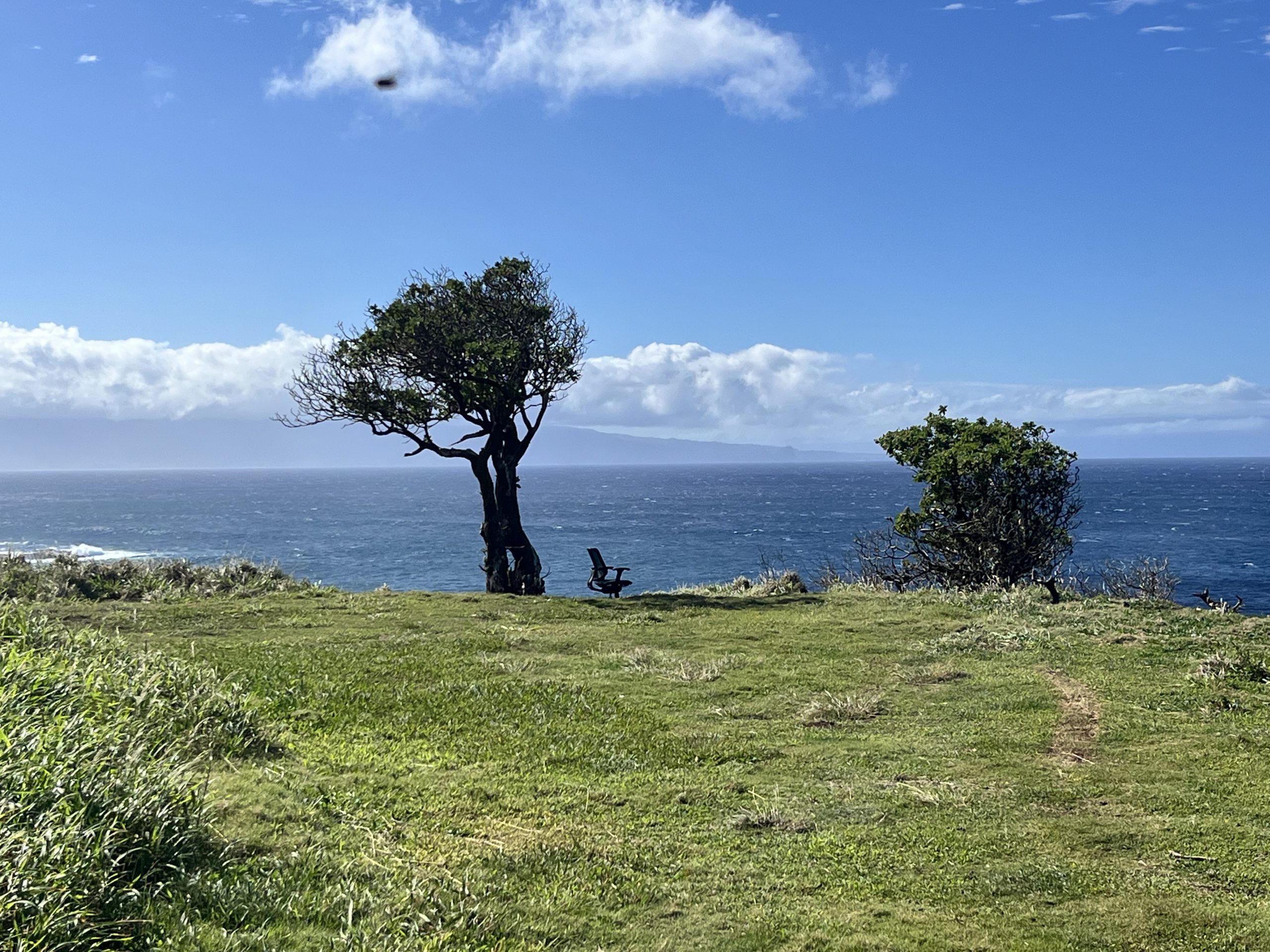
I think it was 1986-87 academic year that I truly fell in love with the idea of culture. That was the year I began my BA in Indigenous Studies at Trent University and it was during a time when Indigenous cultures in Canada were going through a generational resurgence after recovering from 100 years of state-sponsored cultural, physical and intellectual extinction. I was able to be a witness to communities and organizations recovering by growing deep into traditional practices, and younger generations receiving the teaching of Elders and using them to create new political movements, organizations, economies, governments, and health …
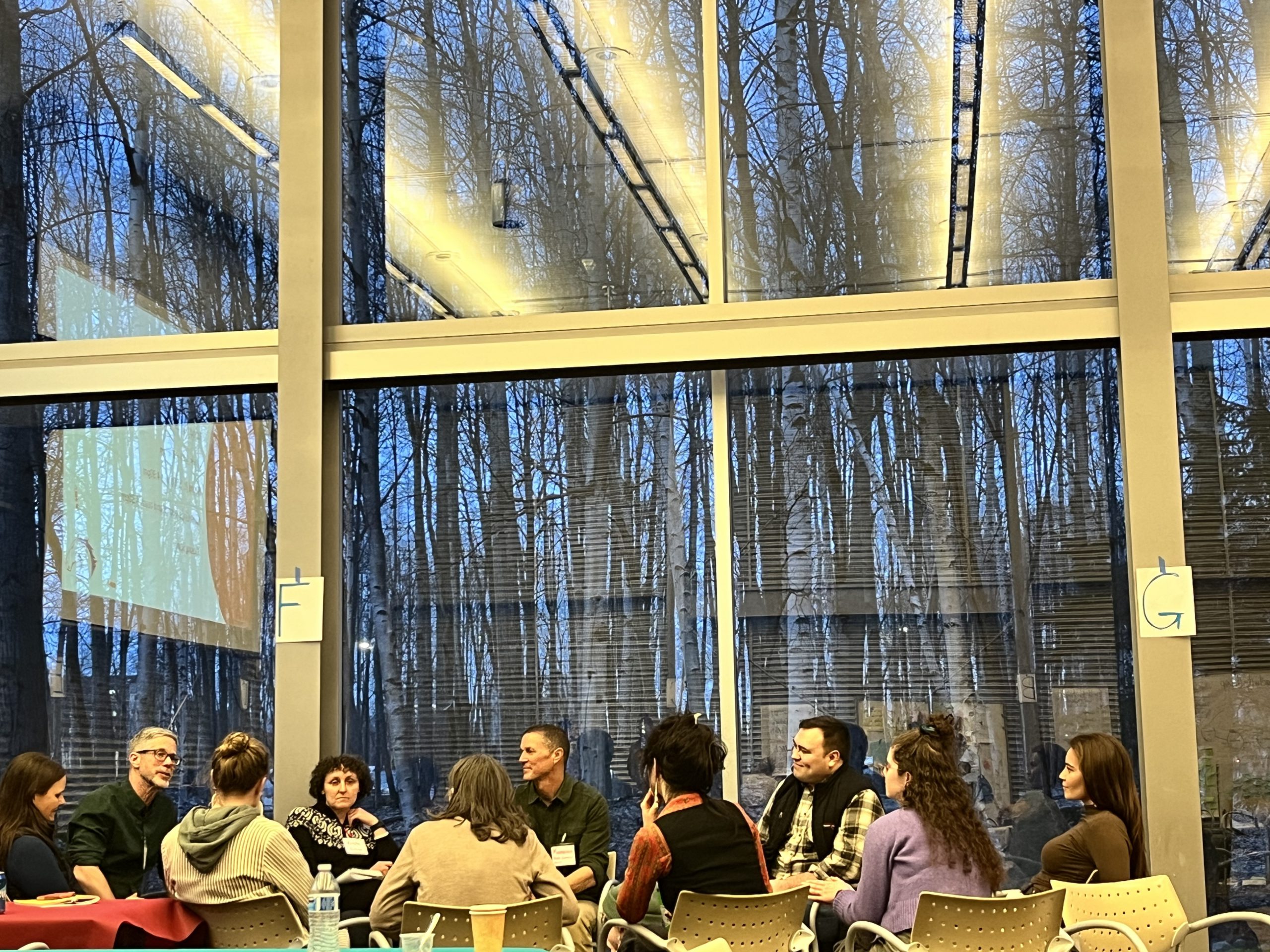
From time to time I have conversations that remind me of the principles that guide my own work in different aspects of facilitation and engagement. Today, in two different design conversations, I was reminded of these again, and I took a few notes as we were talking. These aren’t the be-all and end-all of good practice, but they are things that roll off the tongue and are basic heuristics for how I structure and facilitate public engagement sessions. So those are a few. There are many more besides these, not to mention rigorous thinking about power. But these are among …
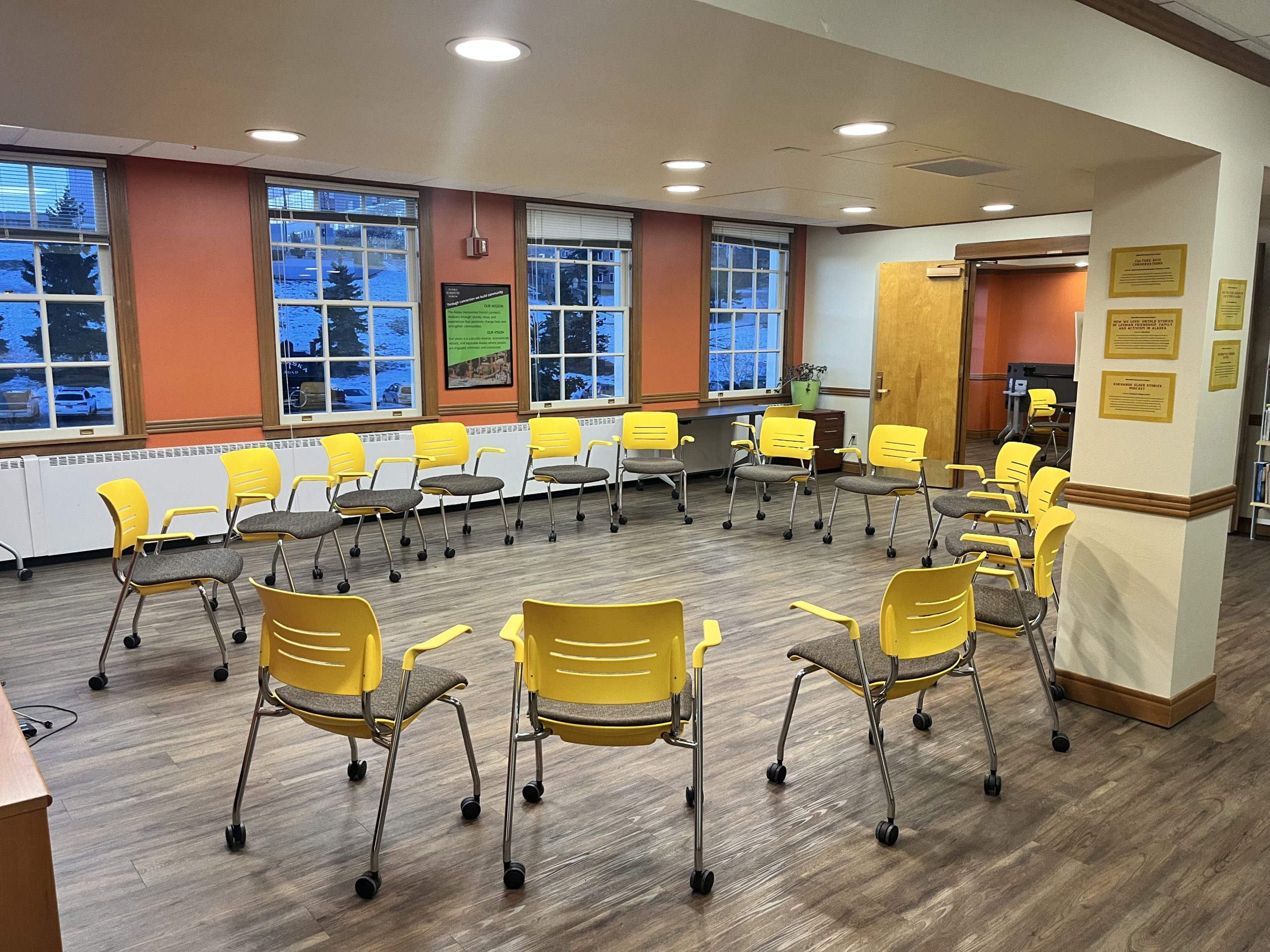
The set up for the weekly staff meeting at the Alaska Humanities Forum offices in Anchorage. We spent the day yesterday with our colleagues at the Alaska Humanities Forum (AKHF) preparing for the Art of Hosting that begins this morning. AKHF is an organization that has long embraced the Art of Hosting as a way of operating both their internal organizational functions and their relationship and gatherings with their partners and programs. All over the world there are organizations like this, not always obvious or seen by the global Art of Hosting community, because they labour away on their own …
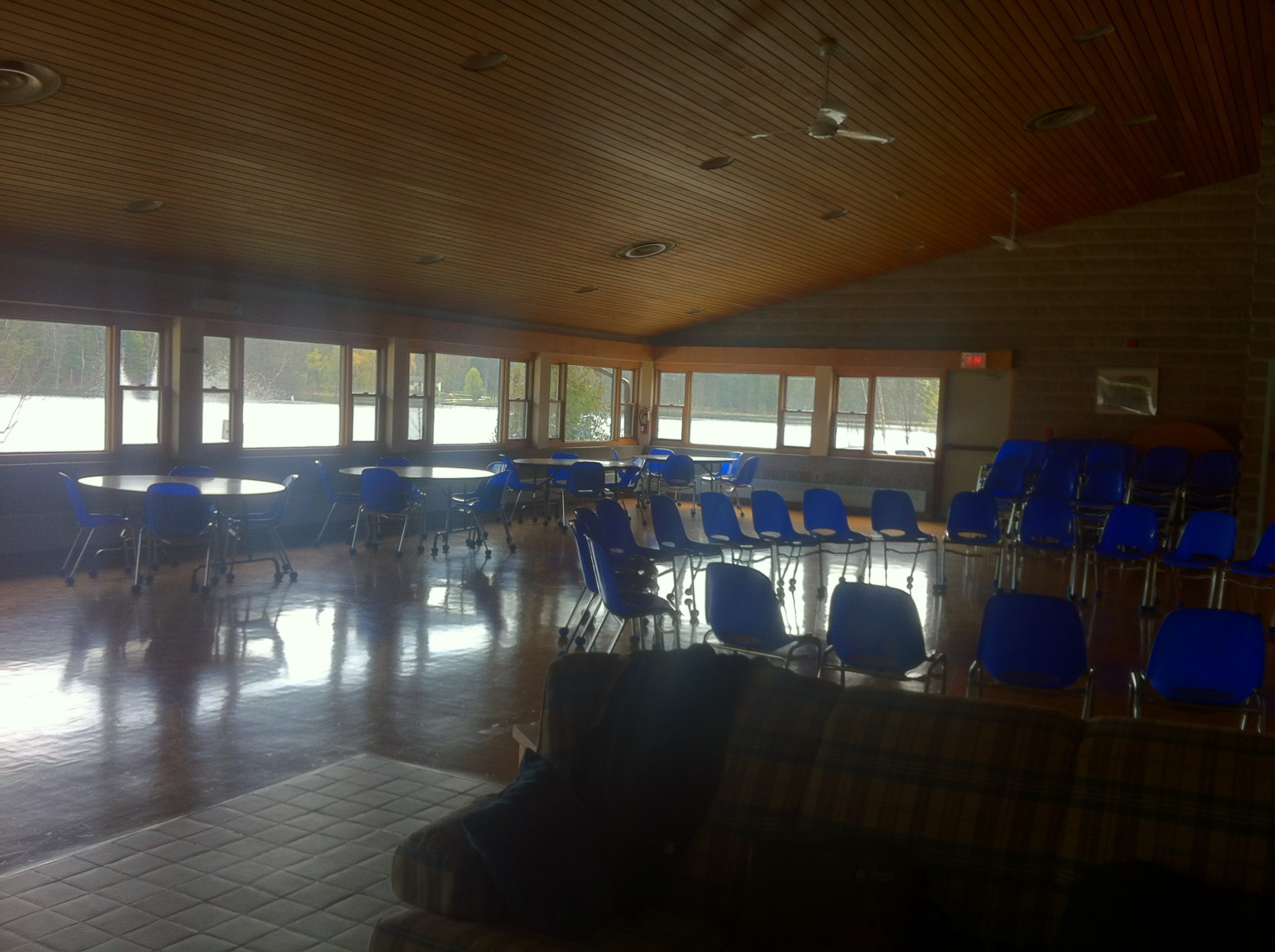
Over the past 15 years I have worked with churches, faith communities and faith-based social justice movements using the Art of Hosting and participatory leadership. In many ways these organizations have been at the forefront of social and demographic changes, getting older while holding a fierce commitment to addressing issues of injustice in the world. Working with faith leaders and faith-based movements allows us to have a different conversation about participatory leadership, community work and spirit. The Art of Hosting seems to wake up the kind of collaboration that faith communities long for, even as they confront existential questions within …
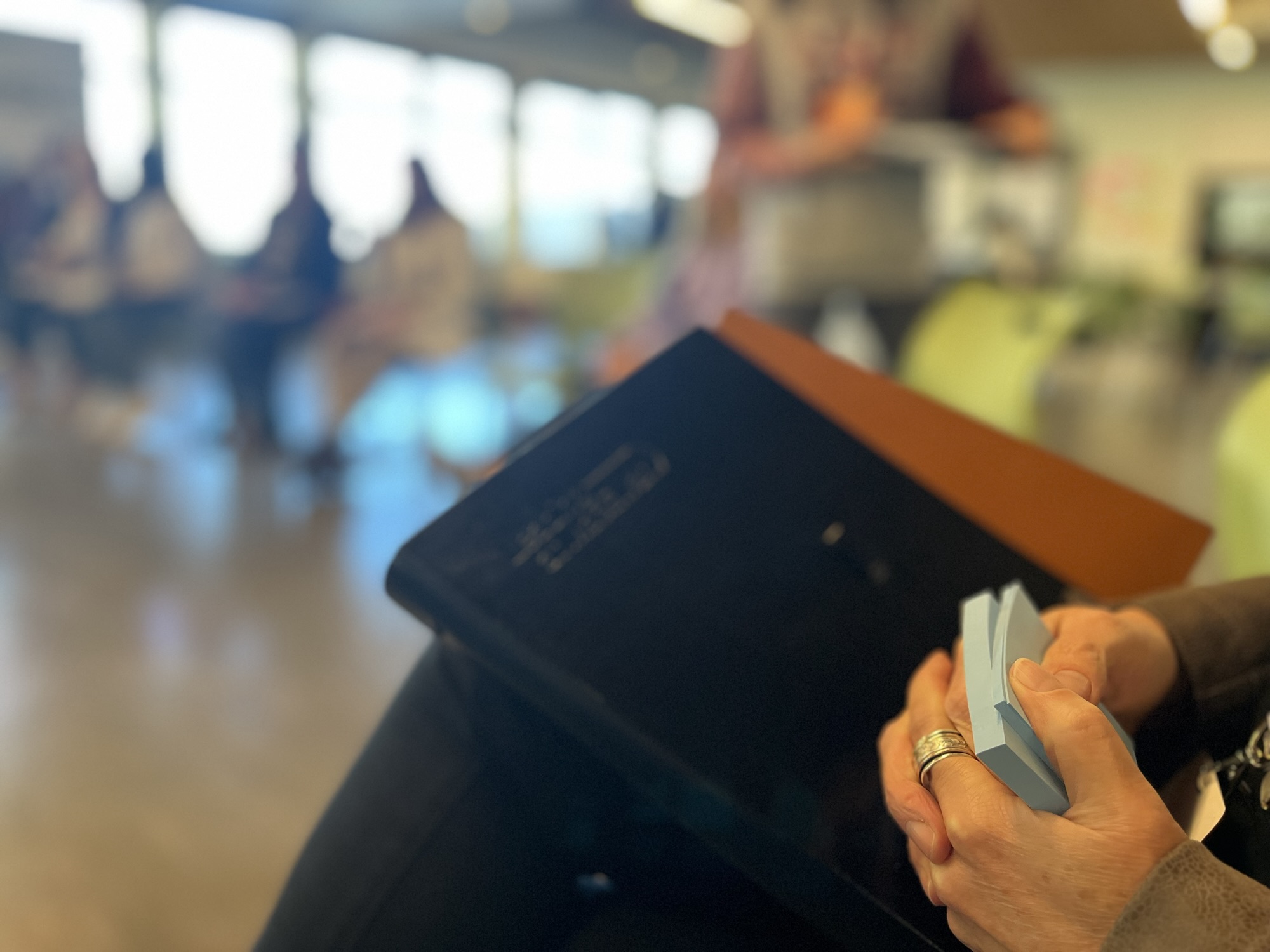
Some notes from three days of teaching a small cohort of leaders in the art of participatory leadership. —- When we teach the four fold practice of the art of hosting (also the art of participatory leadership) I’ve taken to doing it in a World Cafe. We use Cafe to essentially recreate the conditions that created the insights of the four fold practice 25 or so years ago. We invite people to tell stories of engaging and meaningful conversations they have experienced, look at these stories together for insights about what made them engaging and meaningful and provide and three …

